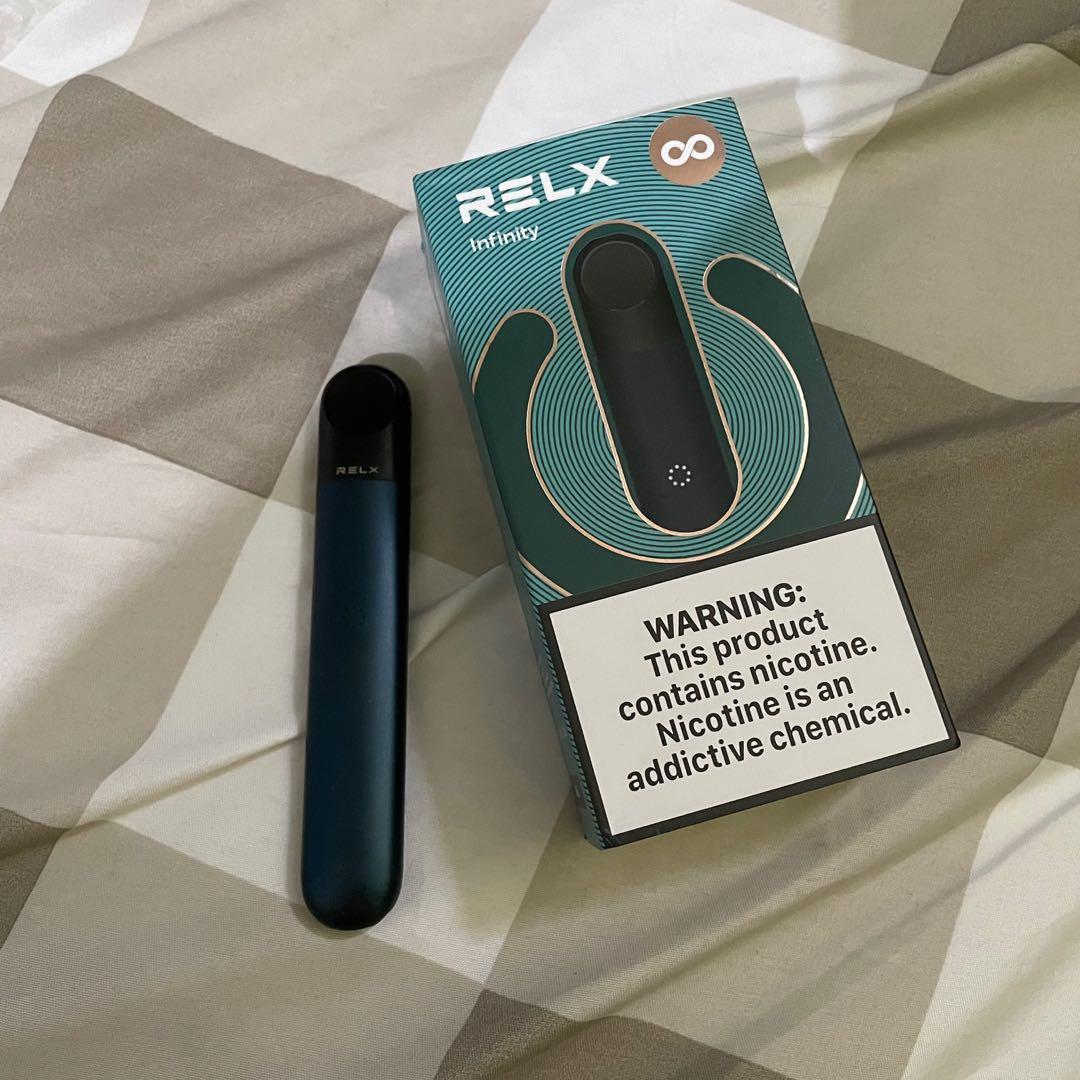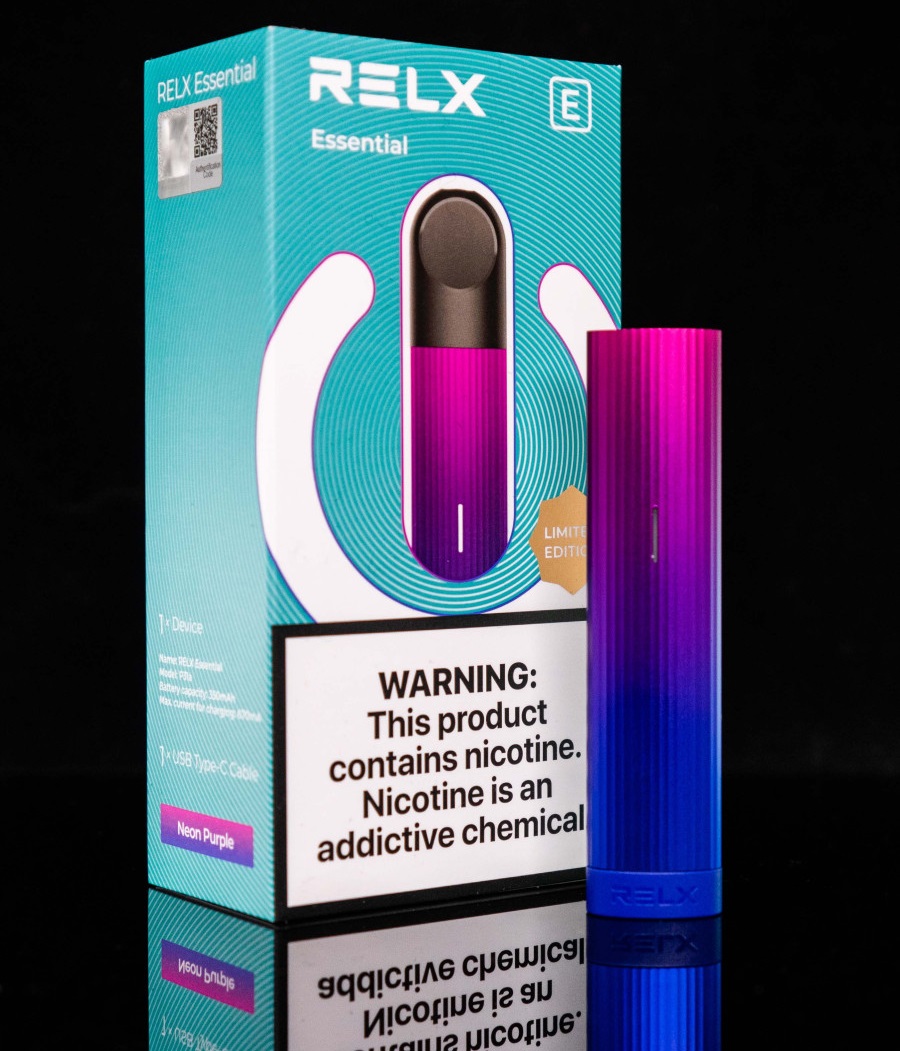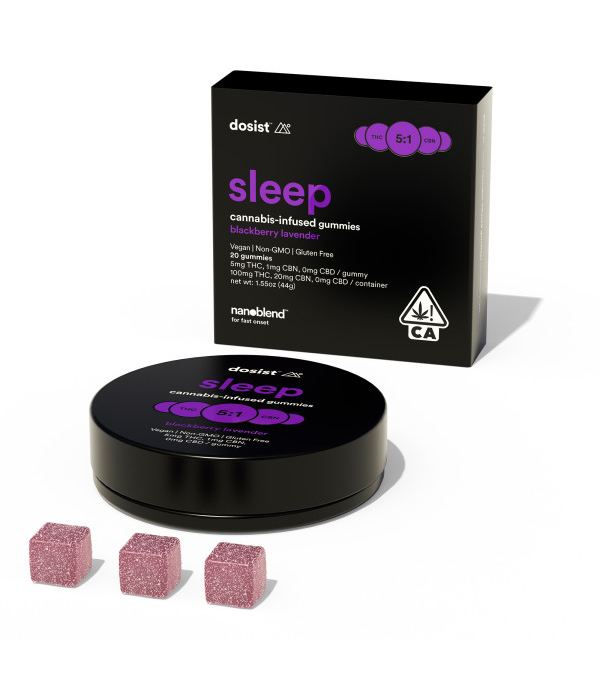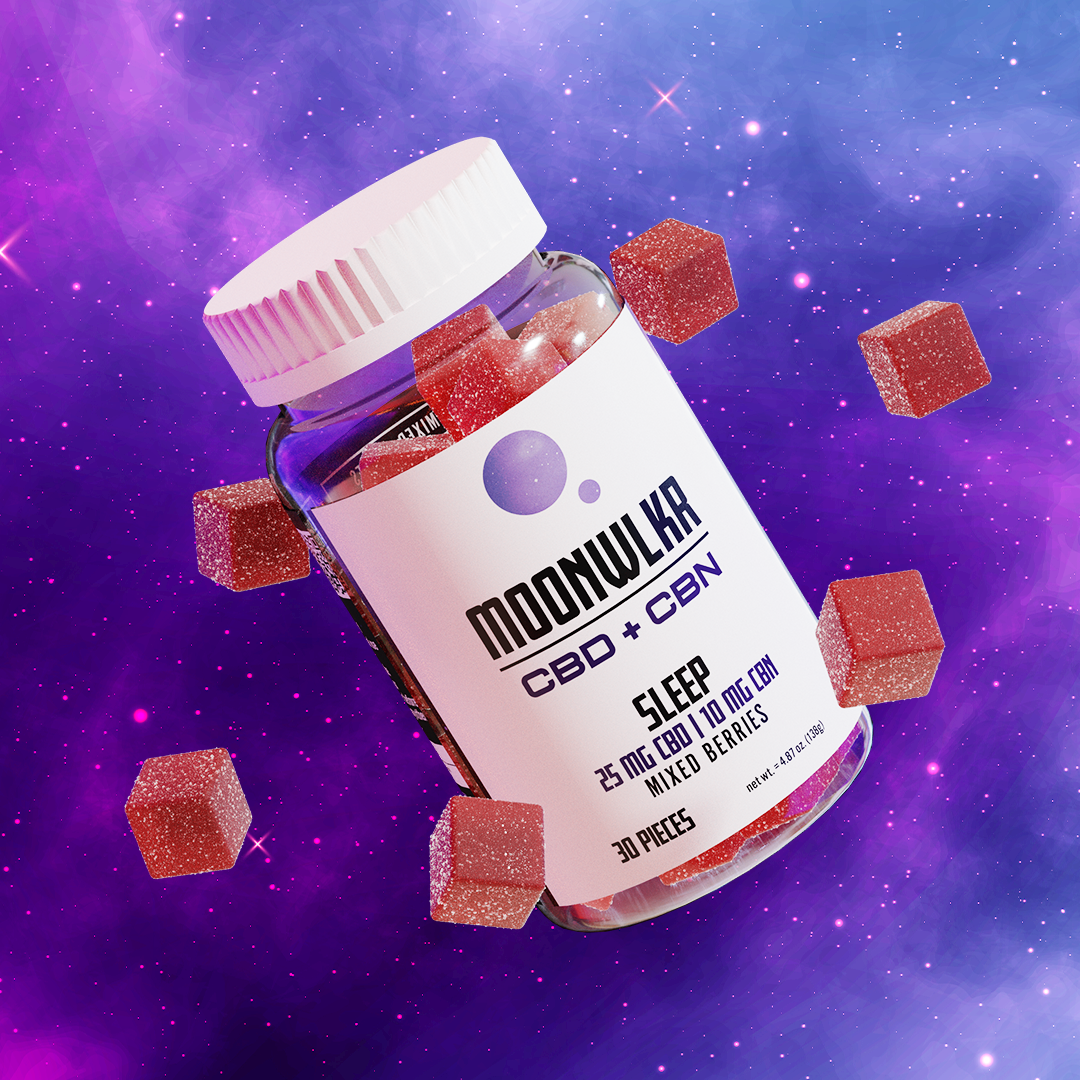The Future Of Pod Juice: Emerging Trends in 2024
Innovation in the vaping industry continues to evolve rapidly, with 2024 marking a pivotal year for pod juice enthusiasts. One of the latest advancements making waves is the แนะนำหัวพอต Relx, promising a revolutionary experience for users seeking enhanced flavor and convenience. As technology and consumer preferences shift, several key trends are shaping the future landscape of pod juice consumption.
1. Customizable Flavors and Formulations
Pod juice manufacturers are increasingly focusing on customizable options, allowing users to tailor their vaping experience to their specific tastes and needs. This trend caters to a diverse consumer base seeking personalization, from unique flavor combinations to varying nicotine strengths.

2. Sustainability and Eco-Friendly Practices
Environmental consciousness is becoming a prominent factor in product development. Companies are exploring biodegradable materials for pods and packaging, aiming to reduce their carbon footprint and appeal to environmentally conscious consumers.
3. Integration of Smart Technology
The integration of smart technology into pod devices is enhancing user experience and safety. Features such as app connectivity for monitoring usage, temperature control, and automatic updates are becoming standard, providing a more sophisticated vaping experience.
4. Health and Wellness Focus
With an increasing emphasis on health and wellness, pod juice formulations are incorporating natural ingredients and botanical extracts known for their beneficial properties. This trend aligns with consumer demand for products that support overall well-being.
5. Regulatory Compliance and Safety Standards
As regulations tighten globally, manufacturers are prioritizing compliance with safety standards and transparency in ingredient sourcing. This trend aims to build trust among consumers and regulatory bodies alike, ensuring product safety and quality.
6. Rise of CBD and Herbal Infusions
The popularity of CBD-infused pod juices continues to grow, driven by the therapeutic benefits associated with cannabidiol. Herbal infusions, such as chamomile and lavender, are also gaining traction for their calming and stress-relieving properties.
7. Accessibility and Convenience
Enhanced accessibility through online platforms and retail partnerships makes pod juice products more readily available to consumers worldwide. This trend enhances convenience and choice, catering to diverse preferences and lifestyles.

As the pod juice market evolves, these emerging trends reflect an industry committed to innovation, sustainability, and consumer well-being. The future promises exciting developments for vaping enthusiasts globally, whether through advanced technology, customized formulations, or eco-friendly practices.








